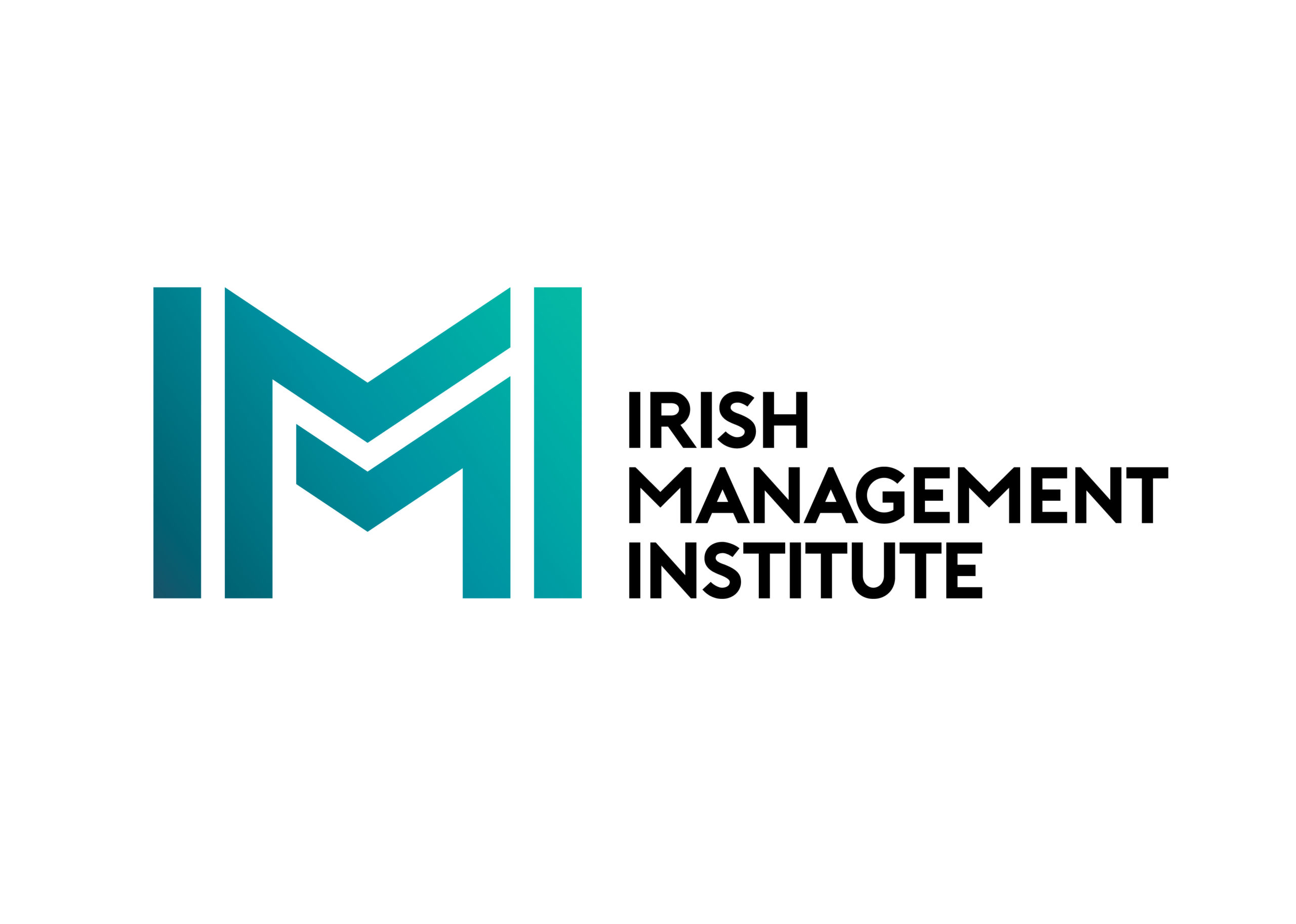Related Articles
5 Top Tips for Being Focused in Work
People spend almost 47% of their waking hours thinking about something other than what they’re doing: we are spending almost half our time on autopilot.
Have you ever had this experience? You arrive at the office with a clear plan for the day – before you know it, the day is over and you are on your way back home.
Nine or 10 hours have passed, but you’ve accomplished only a few of your priorities. More worryingly, you can’t remember exactly what you did all day.
If this sounds familiar, don’t worry. You’re not alone. A 2010 study by Harvard University psychologists suggests that people spend almost 47% of their waking hours thinking about something other than what they’re doing: we are spending almost half our time on autopilot.

We have now entered the ‘attention economy’. In the attention economy, the ability to maintain focus and concentration is every bit as important as technical or management skills.
We need need to absorb a growing flood of information in order to make good decisions.
However, our brains have not been designed to cope with this and hence we suffer from stress, which impacts both our mental and physical well-being.
The good news is that you can train your brain to focus better by incorporating mindfulness exercises throughout your day.
Based on our experience with thousands of leaders in over 250 organisations, here are five easy tips to help you become more focused, productive and effective:
.
1. Practice 10 minutes of mindfulness training each day
Most people find mornings the best time to practice mindfulness, but you can do it any time of day.
Close your eyes, relax and sit upright. Place your full focus on your breath. Simply maintain an ongoing flow of attention on the experience of your breathing: inhale, exhale; inhale; exhale.
To help focus on your breathing, count silently at each exhalation. Any time you find your mind distracted, simply release the distraction by returning your focus to your breath.
Most importantly, allow yourself to enjoy these few minutes.
.
2. Avoid reading email first thing in the morning.
Our minds are generally most focused, creative and expansive in the morning. This is the time to do focused, strategic work and have important conversations.
If you read your email as soon as you get up, your mind will get sidetracked and you’ll begin the slide toward ‘reactive leadership’.
Making email your first task of the day wastes the opportunity to use your mind at its highest potential. Try waiting at least 30 minutes, or even an hour, after you get to work before checking your inbox.
.
3. Turn off all notifications
.
The notification alarms on your phone, tablet and laptop are significant contributors to reactive leadership.
They keep you mentally busy and put you under pressure, thereby triggering reactionary responses. They cause damage far more than they add value.
Try this: For one week, turn off all email notifications on all devices. Only check your email once every hour, or as often as responsibly needed for your job. But don’t compulsively check messages as they roll into your inbox.
.
4. Stop multitasking
It keeps your mind full, busy and under pressure. It makes you reactive.
Try to focus on a single task and then notice when you find your mind drifting off to another task — a sign that your brain wishes to multitask.
When this happens, mentally shut down all the superfluous tasks entering your thoughts while maintaining focus on the task at hand.
.
5. Team-up to stay on track
Consider engaging one of your peers to do the same thing. This gives you a chance to assess each other, which can be both helpful and motivating.
Schedule a check-in with yourself and your buddy – every two weeks for example – to assess how well you’re doing and to share experiences and differences you have noticed.
Mindfulness is not about living life in slow motion. It’s about enhancing focus and awareness both in work and in life.
It’s about stripping away distractions and staying on track with individual and organisational goals. Take control of your own mindfulness: test these tips for 14 days and see what they do for you.
This article was originally published on Fora.ie. Rasmus Hougaard will be speaking at the IMI Membership Launch Day on 30th January. The IMI Membership Launch Day is invite only for IMI Members. If you are interested in becoming a member, please contact the IMI Membership Team.





